These days every single person generates data at an unprecedented rate. Worryingly, much of it goes into the cloud which takes it out of your hands and into that of large corporations. You simply have to hope that their policies and security measures are good enough to entrust your data to.
But what about data stored locally on your computer or mobile device? If someone got their hands on your storage media, could they recover information that you’ve deleted? In case you didn’t know, most of the time “deleting” information from your hard drive, SD card or phone’s internal storage doesn’t actually destroy the data. Instead, that part of the disk is simply marked as “free space” so that new data can be written over it.

The problem is that various techniques exist to recover deleted files from free space. Thanks to full-disk encryption, that not as much of a problem as it’s been in the past. However, if someone manages to log into your device, the fact that your disk is encrypted means nothing.
That’s where free space file shredders come into the picture. These software applications run special data erasing protocols over the free space areas where your file data may still exist, making it virtually impossible for any information to be recovered. So when you delete sensitive information such as medical, legal or financial documents, you can rest assured its gone for good.
Here we’ve got five great examples of file shredding programs for each of the most popular operating systems. Remember, it’s not paranoia if someone really is out to get you.
File Shredder (Windows)
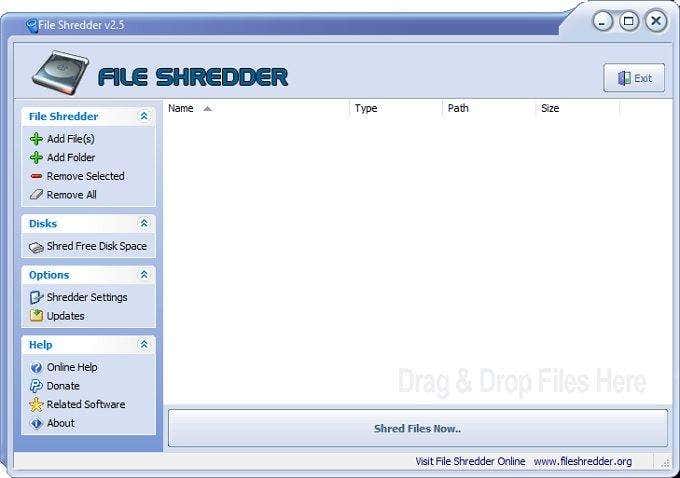
File Shredder is a free and open source application that lets you utterly destroy data and properly erase the free space on your Windows hard drives using the “Disk Wiper” option. There are five shredding algorithms included with File Shredder, each is more powerful than the last. However, stronger shredding requires more time and CPU power.
Apart from being free, it’s an advantage that this software is open source. Anyone in the community can ensure that there is no malicious code or back door functionality in it. The downside is mainly that there’s no support for the tool. Luckily the author has included a comprehensive list of commercial alternatives on the File Shredder home page, if you feel like spending some money.
BitRaser for File (Mac)
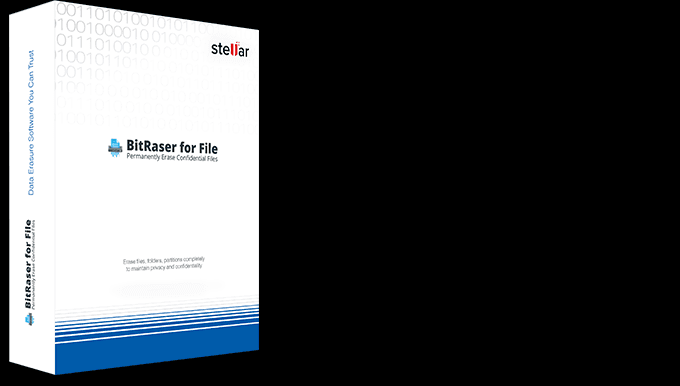
Speaking of spending money, if you own a Mac and want that same data-destroying goodness, you’ll have to spend a few dollars on BitRaser for File, from developer Stellar.
While there are some free applications on the Mac store that promise to do the same job, they are generally less specialized than BitRaser and less friendly. Which seems counter to the reasons Mac users love their computers in the first place.
That said, as around $40, BitRaser isn’t all that expensive and only does one thing as well as possible. You can destroy individual files, wipe entire hard drives and free space. It also has a function to automatically destroy sensitive data such as internet browsing histories and cached information.
It includes six data wiping algorithms to choose from and, best of all, let’s you schedule and automate wiping tasks. So even if you can’t get to your computer, you can ensure that certain data can never be recovered.
Shreddit (Android)
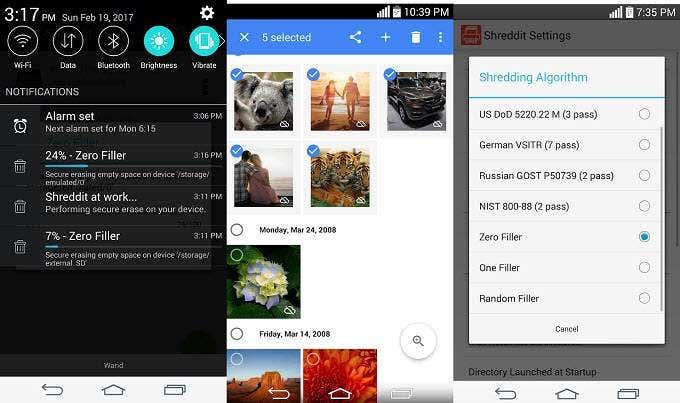
Our entire lives now live on our phones and there are probably more than a few items sitting on your Android smartphone right now you’d rather no one else ever saw. The good news is that with an app like Shreddit, permanently destroying that data is a piece of cake.
It’s fast, depending on which erasure algorithm you use. Some of the options on offer use up to seven passes, to really ensure that no data recovery expert will get that data back.
The app is integrated with the Android file explorer and can operate on both internal and external media. The main caveat here is that anyone on Android 4.4 or later will need to root their phones to use Shreddit on their SD card.
So if you aren’t willing to do that, keep your sensitive information on internal storage only. This shouldn’t be a problem for most people however, since modern phones either don’t have SD expansion slots or have so much internal storage that SD cards aren’t particularly useful.
The app is ad-supported, but you can make a small donation to remove advertising.
BleachBit (Linux)
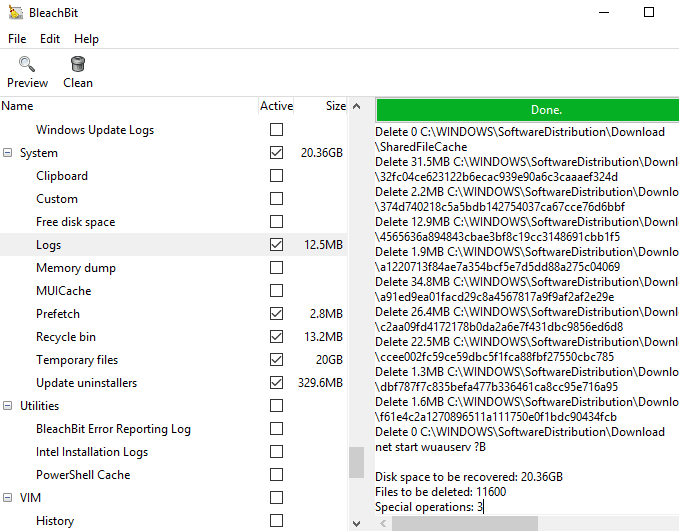
Linux already has some pretty powerful disk-wiping functionality built in, but using a program like BleachBit is a much more user-friendly experience. It can automatically erase sensitive data from many common applications in addition to offering file shredding functions and free space wiping.
BleachBit is completely free, but will take donations to support development. It’s an incredibly popular shredding up among Linux users and given how useful it is that’s no surprise. If you want to improve the data privacy of your Linux machine, this is undoubtedly the first stop you should make.
iShredder (iOS)
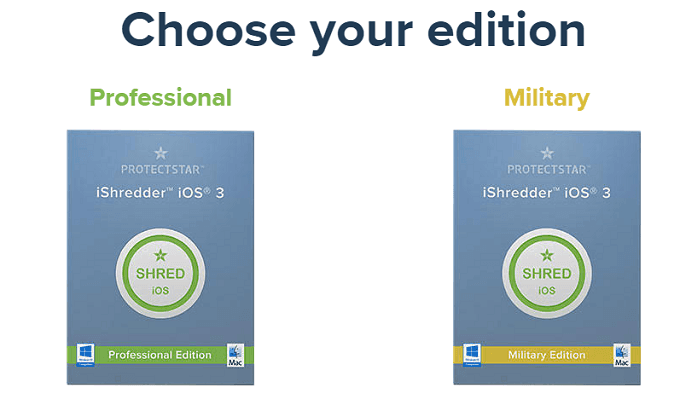
iShredder is available for Android, Windows and Mac, but it’s being highlighted here for being one of the few iOS shredders out there. The software is not free, but will set you back around thirty bucks. iShredder can securely wipe the entire device, before handing it over to someone else.
It can also quickly wipe the free space on your iDevice, ensuring that all the stuff you’ve deleted in the past is unrecoverable. Its deletion algorithms are the same ones used by governments and is the most elegant tool we’ve seen for the millions of iOS users in the world to protect themselves from unwanted data recovery attempts.
Burn Notice
Privacy is more important than ever and ensuring that the information you want gone stays gone is a good habit to get into. There are, of course, many alternative choices to the above multi-OS examples. Regardless of which tool you use, you’ll sleep just a little better knowing that no one who nabs one of your hard drive can dig up any dirt, no matter how hard they try.
Related Posts
Founder of Help Desk Geek and managing editor. He began blogging in 2007 and quit his job in 2010 to blog full-time. He has over 15 years of industry experience in IT and holds several technical certifications. Read Aseem’s Full Bio
